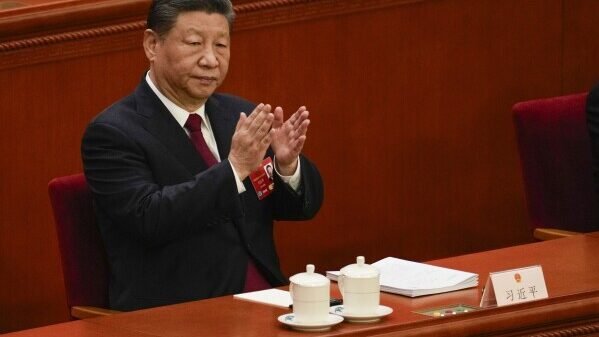Global Economic Growth Projections Remain Subdued
A Modest Outlook for 2025
The United Nations has released its annual economic report, projecting global economic growth to remain at 2.8% in 2025. This figure mirrors the growth rate of the previous year, signaling persistent challenges for the global economy.
Key Factors Influencing Growth
The report identifies several factors contributing to the subdued growth outlook. High inflation, geopolitical tensions, and lingering effects of the COVID-19 pandemic continue to weigh heavily on economic activity worldwide.
Geopolitical Tensions Add to Uncertainty
Ongoing conflicts, such as the Russia-Ukraine war, have disrupted trade routes and energy supplies, exacerbating economic instability. The report highlights the need for diplomatic solutions to mitigate these impacts.
Impact of Inflation on Consumer Spending
Persistent inflation has eroded purchasing power, leading to reduced consumer spending in many countries. Central banks worldwide are grappling with the challenge of balancing interest rate hikes with economic growth.
Sluggish Recovery in Emerging Markets
Emerging markets and developing economies are experiencing a slower recovery compared to advanced economies. Limited access to vaccines, debt burdens, and weak export demand have hindered their progress.
Climate Change as an Economic Threat
The report emphasizes the growing economic risks posed by climate change. Extreme weather events are disrupting agricultural output and supply chains, further straining vulnerable economies.
Technology’s Role in Driving Growth
On a positive note, advancements in technology are highlighted as a potential driver of economic growth. Investments in digital infrastructure and green technologies could pave the way for more sustainable development.
Labor Market Challenges Persist
Global labor markets remain under pressure, with high unemployment rates in some regions. The report calls for targeted policies to create jobs and enhance workforce skills.
Trade and Investment Trends
International trade and investment have shown signs of recovery but remain below pre-pandemic levels. Protectionist policies and supply chain disruptions continue to pose significant barriers.
Policy Recommendations from the UN
The United Nations urges governments to adopt strategic policy measures, including fiscal stimulus, debt relief for developing countries, and investment in sustainable infrastructure, to boost economic resilience.
Regional Disparities in Growth
The report highlights significant regional disparities in economic performance. While some regions, such as East Asia, are expected to grow steadily, others, like Sub-Saharan Africa, face more pronounced challenges.
Global Cooperation as a Solution
Strengthening global cooperation is identified as a critical solution to the current economic challenges. Multilateral efforts are needed to address issues such as debt crises, trade imbalances, and climate change.
Private Sector’s Role in Recovery
The private sector is encouraged to play a proactive role in fostering economic recovery. Public-private partnerships and corporate investments in innovation and sustainability are seen as key contributors to growth.
The Road Ahead
As the world navigates a complex economic landscape, the report underscores the importance of adaptability and collaboration. Policymakers, businesses, and communities must work together to address challenges and capitalize on opportunities for growth.
A Call for Sustainable Growth
The United Nations concludes its report with a call for sustainable and inclusive growth. By prioritizing equity, environmental protection, and innovation, the global economy can build a stronger foundation for the future.



































